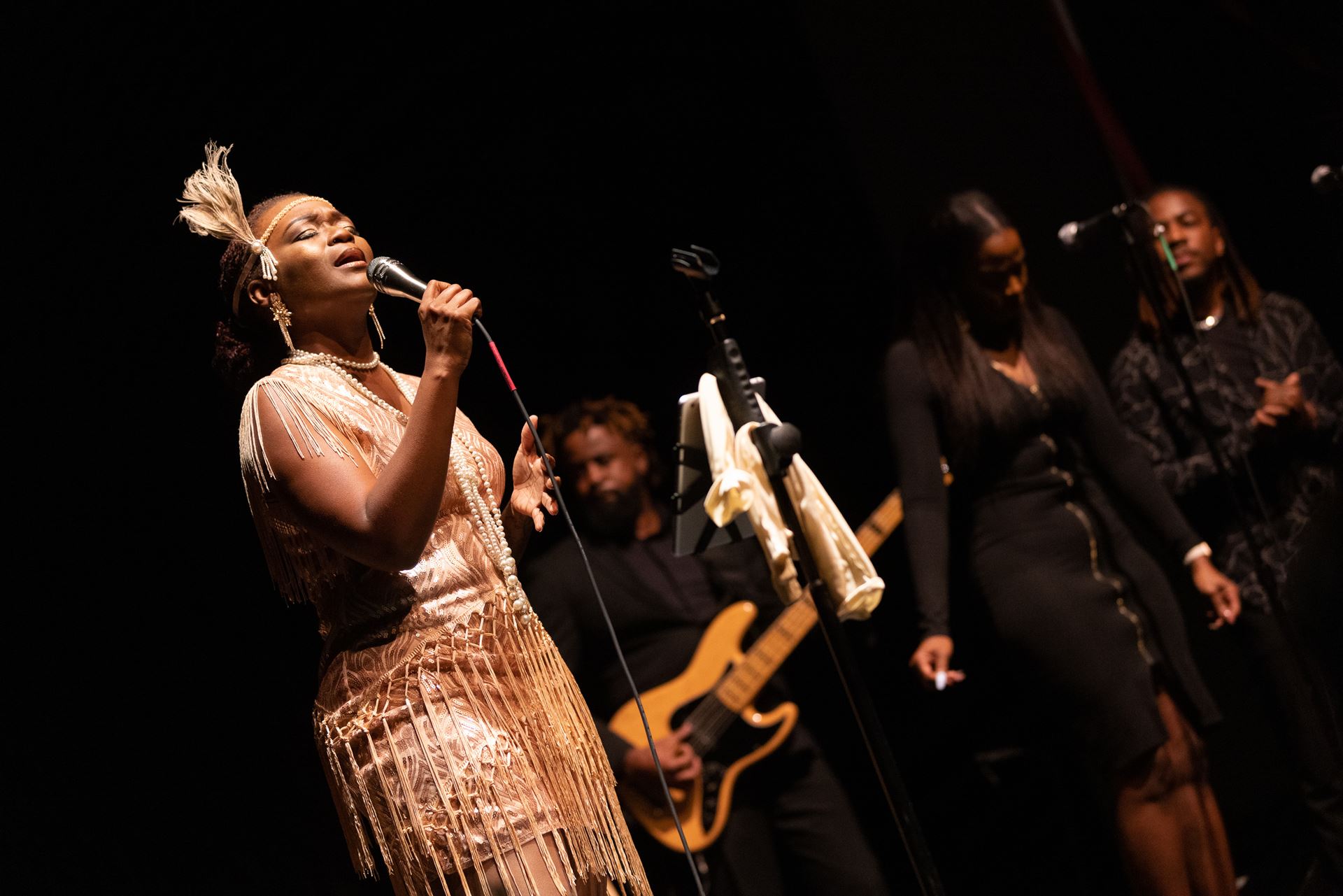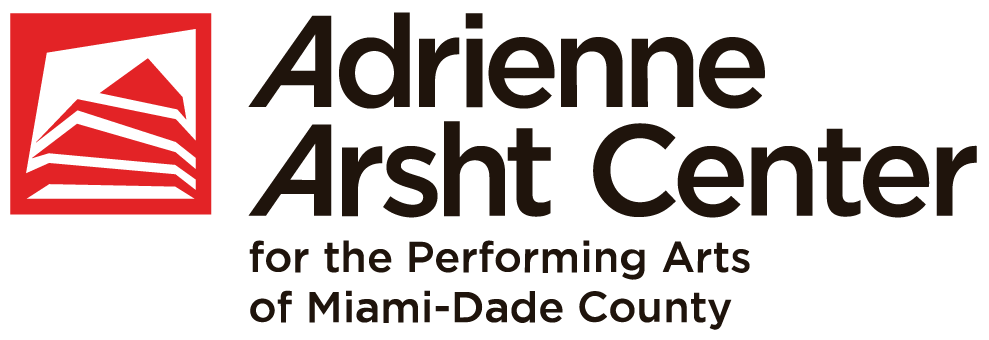
These Miami-affiliated soul and blues classics will get you ready for the Arsht Center's Juneteenth celebration.
The Arsht Center's Juneteenth Juke Joint returns for a second year on June 14, 2023, with a headlining performance by South Florida jazz artist Melton Mustafa Jr.'s Mustafa on Sax and a DJ set by Shacia Päyne Marley, granddaughter of Bob Marley. Find more information on the event here, and read on for a story we published in advance of the inaugural Juneteenth Juke Joint in 2022.
By Jake Cline
Florida is probably not the first place that comes to mind when you hear the terms “blues,” “soul” and “R&B.” You may not even think of it at all.
“And that’s not right,” John Capouya, a University of Tampa writing professor, argues in his 2017 book Florida Soul. The state’s contributions to those genres, Capouya writes, are as deep and rich as those that have come out of Memphis, Detroit, New Orleans and other notable American music capitals.
“In the thirty-five-year swath between 1945 and 1980,” Capouya writes, “Florida produced some of the most electric, emotive soul music this country’s ever heard.”
Miami was responsible for much of it. In recording studios throughout the city, artists such as Betty Wright, Clarence Reid and Timmy Thomas were crafting intensely focused, of-the-moment music aimed at moving bodies and minds alike. Stardom touched some of these artists, with at least one of them — Sam Moore, of iconic duo Sam & Dave — earning induction into the Rock and Roll Hall of Fame.
Across Miami, this music poured from radio stations such as WMBM (now a gospel station) and from sweat-soaked stages at neighborhood bars and nightspots such as the Knight Beat, the Harlem Square Club and Tobacco Road.
While many of these artists and venues have been lost to time, the Arsht Center aims to resurrect a bit of their spirit on June 16, 2022, with the old-school dance party Juneteenth Juke Joint. Presented by the Center’s Heritage Project, which is committed to promoting social equality and amplifying Black voices, the event will feature a performance by Miami soul singer LaVie, classic tracks spun by DJ Nickymix and a soul-food inspired happy hour menu. Juneteenth Juke Joint celebrates Juneteenth National Independence Day, which became a federal holiday in 2021 after President Joe Biden signed it into law. For more information on the event, go to arshtcenter.org/juneteenth.
To help get you ready for the party and to give Florida more prominence on your soul-blues atlas, we’ve compiled a playlist of Miami-born juke joint classics and those that should have been.
- “Clean Up Woman” by Betty Wright. Released in 1971, when Miami-born Betty Wright was only 17, “Clean Up Woman” was a hit not just for the personality-rich singer but also for her hometown label, Deep City Records. Written by Deep City co-founder Willie Clarke and producer and songwriter Clarence Reid, “Clean Up Woman” reached No. 6 on Billboard’s singles chart. The song’s slinky riff has been sampled in hits by Chance the Rapper, Puff Daddy and others. Wright, who worked in music throughout her life, died in 2020 in Miami.
- “Tear You a New Heart” by Clarence Reid. While he wrote, recorded and played on songs by seemingly every major Miami funk and soul artist of the 1960s and ’70s, Clarence Reid saved plenty of material for himself. “Tear You a New Heart,” from his 1969 album Dancin’ With Nobody but You Babe, offers a full bag of his tricks: sky-punching horns, serpentine bass lines, a thrusting guitar riff and take-notice vocals. In addition to his radio-friendly work, Reid achieved international fame performing filthy parody songs under the guise of a caped-and-masked superhero rapper named Blowfly, an act he kept up for more than 40 years. He died in 2016 in Lauderdale Lakes at the age of 76.
- “You Put the Rush on Me” by Joey Gilmore. Born in Ocala, Joey Gilmore has been playing the blues in South Florida and points beyond for most of his 77 years. His room-filling guitar and deeply felt vocals are on vivid display in “You Put the Rush on Me,” a song from his 2005 album The Ghosts of Mississippi Meet the Gods of Africa.
- “Money Vibrations” by Little Beaver. The stage name of singer-guitarist Willie Hale, Little Beaver was a longtime member of the house band at T.K. Productions, the Hialeah studio that cranked out hits by Betty Wright, Gwen McRae and KC and the Sunshine Band, among other acts. In 1974, Little Beaver scored a hit of his own with the single “Party Down,” which reached No. 2 on Billboard’s R&B chart. “Money Vibrations,” a strutting, deep-funk sing-along, appears on the Party Down album that followed.
- “I’m Your Puppet” by Sam & Dave. Sam Moore and Dave Prater met in Miami in 1961, and started performing and recording together almost right away. They became reliable and revered hitmakers, first for Memphis’ Stax Records and later for Atlantic, with songs such as “Hold On, I’m Comin,’ ” “Soul Man” and “When Something Is Wrong With My Baby.” Prater died in 1988, but Moore, who was born in Overtown, reportedly still calls Miami home. They recorded their version of “I’m Your Puppet,” a soul classic written by Florida-born duo James & Bobby Purify, in 1966.
- “Pain in My Heart” by Helene Smith. As John Capouya reports in Florida Soul, Helene Smith was a teenager when she began recording for Deep City Records in the mid-1960s. She landed a Top 20 single in 1967 with “A Woman Will Do No Wrong,” and enjoyed a number of hits on Miami radio until she retired from music in the 1970s. Her rendition of “Pain in My Heart,” an Allen Toussaint ballad made famous by Otis Redding, is a stunner.
- “No Rest for the Wicked” by Wayne Cochran. The only white artist on this list, Georgia-born Wayne Cochran was friends with Otis Redding and James Brown, whose style he emulated to great effect. Cochran’s voice was as big as his hair, a yellow, cotton candy-like pompadour that added roughly a foot to his height. In the 1960s, Cochran moved with his band the C.C. Riders to Miami. He lived in the area until his death at 78 in 2017. His best-known song, the tragic “Last Kiss,” earned a second life in the late 1990s when Pearl Jam had a Top 10 hit with their impassioned cover.
- “Why Can’t We Live Together” by Timmy Thomas. If you can’t recall having ever heard Timmy Thomas’ 1973 cri de coeur “Why Can’t We Live Together,” perhaps you know it by another name: “Hotline Bling.” In 2015, rap star Drake took Thomas’ keyboard-driven song, replaced the Miami singer’s vocals with his own and created an inescapable hit about a romance gone bad. (Thomas’ original, as the Sun Sentinel explained in a 2016 interview, was a cry for peace written in response to the Vietnam War.) A longtime educator in Miami, Thomas returned to music several times before his death in April at 77.
- “Frenchy the Tickler” by Johnny K. Killens & The Dynamites. This obscure instrumental from Deep City Records resurfaced in 2006 thanks to Chicago record label Numero Group, which included it on the compilation album Eccentric Soul: The Deep City Label.
- “Somebody Have Mercy” by Sam Cooke. Late in the evening of January 12, 1963, Sam Cooke brought his intense star power to Overtown’s Harlem Square Club to record his first live album. About as glorious an expression of life as one could hope to hear, the recording nonetheless sat unreleased for 22 years, the victim of music industry negligence. Live at the Harlem Square Club is, as NPR rightfully noted, “one of the greatest live albums ever recorded.”
Pictured: LaVie, performing at the 2022 Juneteenth Juke Joint, by Taylor Brown.



